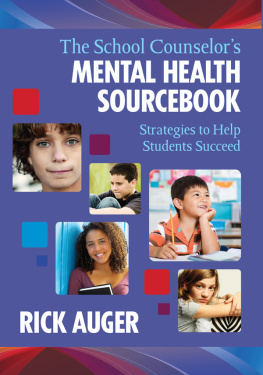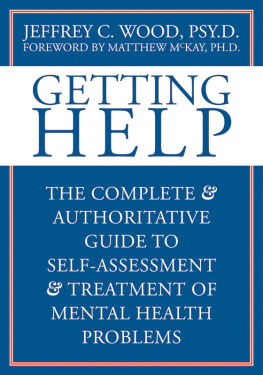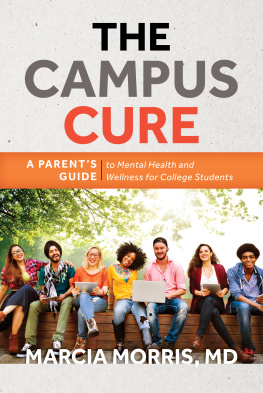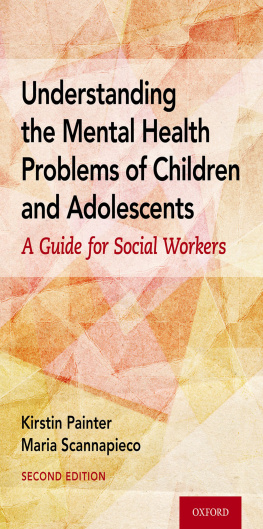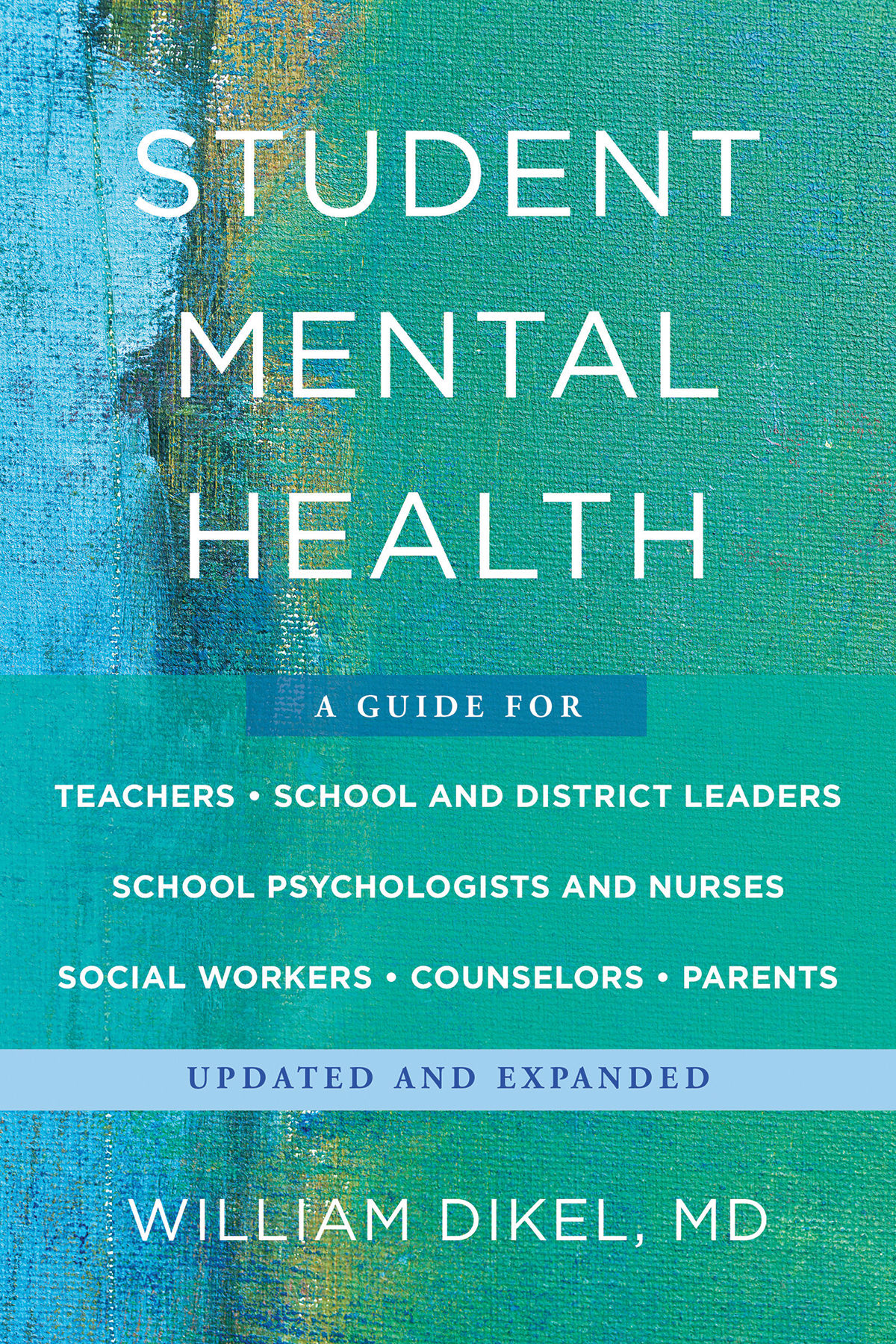William Dikel - Student Mental Health: A Guide For Teachers, School and District Leaders, School Psychologists and Nurses, Social Workers, Counselors, and Parents
Here you can read online William Dikel - Student Mental Health: A Guide For Teachers, School and District Leaders, School Psychologists and Nurses, Social Workers, Counselors, and Parents full text of the book (entire story) in english for free. Download pdf and epub, get meaning, cover and reviews about this ebook. year: 2019, publisher: W. W. Norton & Company, genre: Home and family. Description of the work, (preface) as well as reviews are available. Best literature library LitArk.com created for fans of good reading and offers a wide selection of genres:
Romance novel
Science fiction
Adventure
Detective
Science
History
Home and family
Prose
Art
Politics
Computer
Non-fiction
Religion
Business
Children
Humor
Choose a favorite category and find really read worthwhile books. Enjoy immersion in the world of imagination, feel the emotions of the characters or learn something new for yourself, make an fascinating discovery.

- Book:Student Mental Health: A Guide For Teachers, School and District Leaders, School Psychologists and Nurses, Social Workers, Counselors, and Parents
- Author:
- Publisher:W. W. Norton & Company
- Genre:
- Year:2019
- Rating:4 / 5
- Favourites:Add to favourites
- Your mark:
Student Mental Health: A Guide For Teachers, School and District Leaders, School Psychologists and Nurses, Social Workers, Counselors, and Parents: summary, description and annotation
We offer to read an annotation, description, summary or preface (depends on what the author of the book "Student Mental Health: A Guide For Teachers, School and District Leaders, School Psychologists and Nurses, Social Workers, Counselors, and Parents" wrote himself). If you haven't found the necessary information about the book — write in the comments, we will try to find it.
From ADHD to schizophrenia and everything in between, what you need to know about how kids mental health impacts them in school.
Twenty percent of children and adolescents have a mental health disorder and in five percent, the disorder is severe. Chances are that every classroom in America will have at least one student who has a mental health disorder, possibly even in the severe range. These students often have symptoms that interfere with their ability to learn. Educators are recognizing the importance of comprehensive approaches to student mental health.William Dikel, MD, a board-certified child and adolescent psychiatrist, provides a comprehensive, educator-focused guide to student mental health. This practical book provides essential information on how mental health disorders are diagnosed and treated, how they tend to manifest at school, how they affect students emotions, behaviors, and ability to learn, and the types of interventions that are most successful. Educators will learn the importance of creating a district mental health plan that clearly defines the roles of teachers, mental health staff, administrators and others, with the goal of establishing a seamless system of coordinated professionals all working to meet students needs. The book profiles successful school-linked mental health programs that build bridges to community mental health services while maintaining legal and financial firewalls that protect school districts. This new edition contains additional topics including evidence-based teaching methods, school mental health law, mental health data practices, substance use, funding opportunities and school violence including school shootings.
William Dikel: author's other books
Who wrote Student Mental Health: A Guide For Teachers, School and District Leaders, School Psychologists and Nurses, Social Workers, Counselors, and Parents? Find out the surname, the name of the author of the book and a list of all author's works by series.

